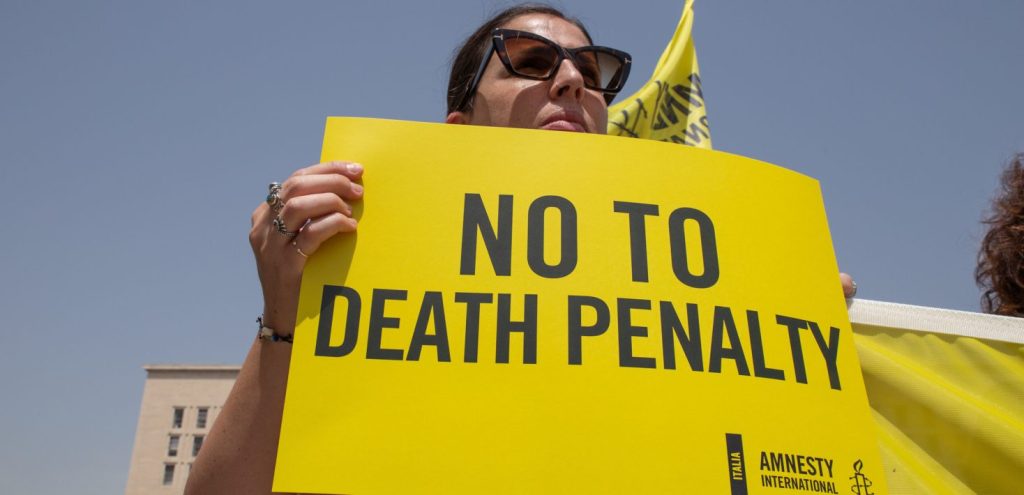Amnesty International has called on the Nigerian government to abolish the death penalty, citing its ineffectiveness as a deterrent and its violation of human rights. The organization’s Programmes Manager, Barbara Magaji, made the appeal during a stakeholders’ dialogue to commemorate the World Day Against Death Penalty, held in collaboration with the French Embassy in Abuja.
Magaji emphasized the need to remove provisions in national and state laws that allow for the death penalty, which she argued violated international human rights law. She also stressed the importance of ensuring that the criminal justice system is adequately resourced and capable of investigating crimes effectively, supporting victims, and guaranteeing fair trials without resorting to the death penalty.
According to Magaji, despite the introduction of the death penalty for crimes such as kidnapping, banditry, and cultism in 26 states and the Federal Capital Territory, Nigeria continues to experience an increase in criminal activity. Citing Amnesty International’s research, she noted that the country has recorded over 181 incidents of extra-judicial killings and 3169 deaths in 2024, as well as 881 kidnappings. In 2025, there were 2313 deaths and 1025 kidnappings, highlighting the ineffective nature of the death penalty as a deterrent.
Magaji attributed the rising insecurity in Nigeria to a combination of factors affecting society at different levels, and advocated for a comprehensive crime prevention mechanism rather than relying on the death penalty. She emphasized that Amnesty International opposes the death penalty in all cases, considering it a violation of the right to life as enshrined in the Universal Declaration of Human Rights and the African Charter on Human and Peoples’ Rights.
The organization’s stance is supported by the fact that 143 countries have now abolished the death penalty in law or practice. Magaji acknowledged the suffering of victims of violent crime and their families, but argued that those found guilty should be held accountable without recourse to the death penalty. The Nigerian government has been urged to consider abolishing the death penalty for all crimes in the ongoing constitutional amendment process, in line with international human rights standards.
